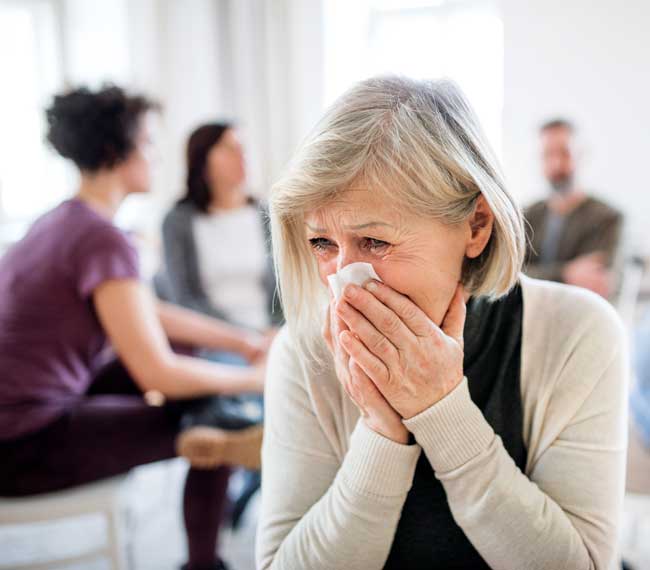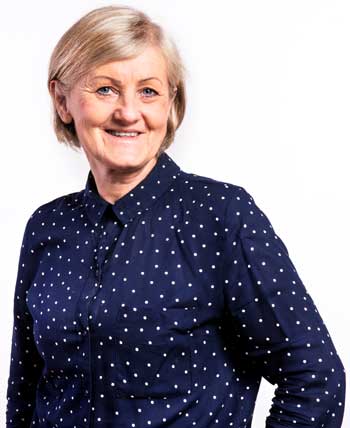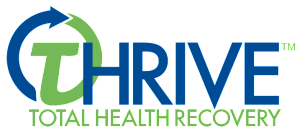It is no mystery that many people turn to substances and alcohol as a coping mechanism for Trauma.

Trauma can not only lead to susceptibility to mental health disorders, but also indirectly contribute to a higher risk of substance and alcohol abuse and addiction. In a way, it is like being victimized three times. First, by the original traumatic experience. Then from issues such as depression or PTSD. Finally, from co-occurring addiction problems which can significantly impact one’s health and further deteriorate one’s mental well-being. Though it is a clichéd expression to use, this is a perfect example of the downward spiral that people can easily get sucked into.
There’s a proven link between trauma and substance abuse.
Science backs it up. Per research by the National Survey of Adolescents, teenagers who had experienced substance use disorder (SUDs) challenges were three times as prone to reporting past physical or sexual abuse. That is not a coincidence. Indeed, many further studies have confirmed links to mental health problems and later misuse of alcohol and illicit drugs as a vain attempt to treat or subdue those issues. What ends up happening instead is that the SUDs only make matters worse and can increase symptoms, thus leading users to up their “dosage.”

However, there are no “one-size-fits-all” findings. A great deal of study has been done on military populations and veteran exposure to situations that led to PTSD and subsequent substance abuse problems. No matter which “came first,” the substance abuse or the trauma, the point is not to place blame on the user but to trace causes to find solutions to address them.
Just seeking help can be a struggle for some.

Gulf Breeze Recovery strives to offer the best and most comprehensive alcohol and substance abuse treatment options in the country, with plans of treatment tailored to fit your individual needs. Our professional staff and medical team are available to meet all your needs for high-quality substance abuse treatment.
If you or someone you care about, has an ongoing history of alcohol or substance use and/or relapse, contact Gulf Breeze Recovery or call: 833.551.2356 to speak to an addiction expert to learn more about their residential program, out-patient program, and intensive out-patient program, and which of these can best fit your individual needs. These programs have helped many people overcome their addiction and embrace their new happy, healthy, substance-free lifestyle.
We help people not just to survive, but to THRIVE!
About Gulf Breeze Recovery:
Gulf Breeze Recovery, unlike other treatment centers in Florida, is a non 12 step holistic drug and alcohol rehab that is changing the future of addiction treatment with their THRIVE® (Total Health Recovery) program focused on overcoming chronic relapse.
Gulf Breeze Recovery’s THRIVE® program is a non 12-step approach designed for those who are looking for a drug and alcohol treatment program to produce a different and positive result.
This non-12 step program allows you to drive beyond your addictions and promotes a new outlook on life.
We are licensed by the Florida Department of Children and Families, and our last audit scored 99.7! Also, we are gold certified by the Joint Commission.
Want to read more about Gulf Breeze Recovery’s non 12 step, holistic drug and alcohol rehab? Check out some of our latest posts:
Researchers Identify Role of Key Brain Signaling Protein in Alcohol Use Disorder
January 29, 2021
College Students Who Returned Home Due to Pandemic Drinking Less
January 29, 2021
Overdose Deaths Soar in the Midst of a Pandemic
January 27, 2021
Alcoholism Today in Seniors and Younger Generations
January 20, 2021
End Chronic Relapse and Start a New Life!
At Gulf Breeze Recovery we don’t want you to have just a great recovery, we want you to have a great life!
Contact Us, or Call: 833.551.2356
It is no mystery that many people turn to substances and alcohol as a coping mechanism for Trauma.

Trauma can not only lead to susceptibility to mental health disorders, but also indirectly contribute to a higher risk of substance and alcohol abuse and addiction. In a way, it is like being victimized three times. First, by the original traumatic experience. Then from issues such as depression or PTSD. Finally, from co-occurring addiction problems which can significantly impact one’s health and further deteriorate one’s mental well-being. Though it is a clichéd expression to use, this is a perfect example of the downward spiral that people can easily get sucked into.
There’s a proven link between trauma and substance abuse.
Science backs it up. Per research by the National Survey of Adolescents, teenagers who had experienced substance use disorder (SUDs) challenges were three times as prone to reporting past physical or sexual abuse. That is not a coincidence. Indeed, many further studies have confirmed links to mental health problems and later misuse of alcohol and illicit drugs as a vain attempt to treat or subdue those issues. What ends up happening instead is that the SUDs only make matters worse and can increase symptoms, thus leading users to up their “dosage.”

However, there are no “one-size-fits-all” findings. A great deal of study has been done on military populations and veteran exposure to situations that led to PTSD and subsequent substance abuse problems. No matter which “came first,” the substance abuse or the trauma, the point is not to place blame on the user but to trace causes to find solutions to address them.
Just seeking help can be a struggle for some.

Gulf Breeze Recovery strives to offer the best and most comprehensive alcohol and substance abuse treatment options in the country, with plans of treatment tailored to fit your individual needs. Our professional staff and medical team are available to meet all your needs for high-quality substance abuse treatment.
If you or someone you care about, has an ongoing history of alcohol or substance use and/or relapse, contact Gulf Breeze Recovery or call: 833.551.2356 to speak to an addiction expert to learn more about their residential program, out-patient program, and intensive out-patient program, and which of these can best fit your individual needs. These programs have helped many people overcome their addiction and embrace their new happy, healthy, substance-free lifestyle.
We help people not just to survive, but to THRIVE!
About Gulf Breeze Recovery:
Gulf Breeze Recovery, unlike other treatment centers in Florida, is a non 12 step holistic drug and alcohol rehab that is changing the future of addiction treatment with their THRIVE® (Total Health Recovery) program focused on overcoming chronic relapse.
Gulf Breeze Recovery’s THRIVE® program is a non 12-step approach designed for those who are looking for a drug and alcohol treatment program to produce a different and positive result.
This non-12 step program allows you to drive beyond your addictions and promotes a new outlook on life.
We are licensed by the Florida Department of Children and Families, and our last audit scored 99.7! Also, we are gold certified by the Joint Commission.
Want to read more about Gulf Breeze Recovery’s non 12 step, holistic drug and alcohol rehab? Check out some of our latest posts:
Researchers Identify Role of Key Brain Signaling Protein in Alcohol Use Disorder
January 29, 2021
College Students Who Returned Home Due to Pandemic Drinking Less
January 29, 2021
Overdose Deaths Soar in the Midst of a Pandemic
January 27, 2021
Alcoholism Today in Seniors and Younger Generations
January 20, 2021
End Chronic Relapse and Start a New Life!
At Gulf Breeze Recovery we don’t want you to have just a great recovery, we want you to have a great life!









